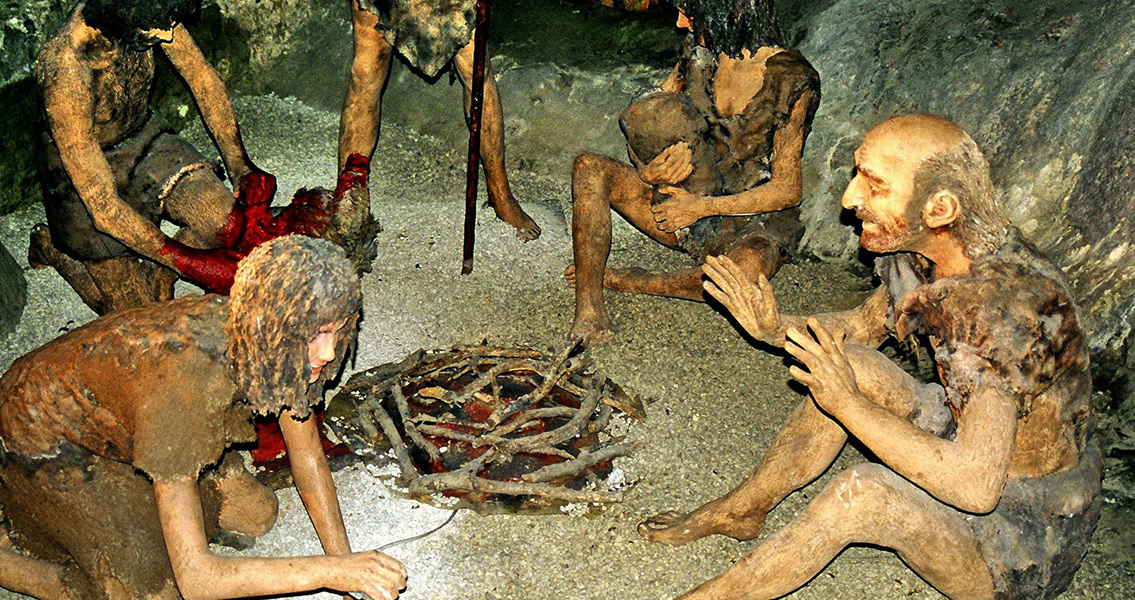<![CDATA[A recent study has established a conclusive argument as to how Neanderthals were driven to extinction – they simply weren’t able to compete with modern humans who had a more advanced culture giving them a competitive edge. In other words, the replacement of Neanderthals by modern humans was driven by interspecific competition, where individuals from different species compete for the same resources; food and living space for example. Previous research has indicated that groups of Neanderthals were living unencumbered in Europe for many thousands of years. Then, around 45 thousand years ago, modern humans began migrating from Africa into the area and only five thousand years later, the Neanderthals were extinct. Scientists have suggested a number of ideas about what happened; modern humans brought diseases with them which proved deadly to the Neanderthals, or the Neanderthals were unable to adapt to climate changes. In the new study, researchers have reported that based on a model they constructed, the Neanderthals became extinct because the cultural advantages of modern humans were so significant survival of the less culturally advanced population was impossible. The plausibility of the hypothesis was tested using the model of interspecies competition, which compares the differences between the competing species and their levels of development culturally. The results of this model concluded that although the groups were cognitively equivalent, even a small population of modern humans could have totally displaced a larger Neanderthal population, given that the modern humans possessed a sufficiently large enough cultural advantage over the Neanderthals. The minimum size of the modern human group which were able to displace the Neanderthals was directly proportional to the increased cultural advantage they possessed, in addition to the amount of cultural change associated with their population growth. That is to say - the more advanced and smarter modern humans became – the fewer of them it took to totally displace Neanderthal groups. Many archaeologists have argued the advantage to modern humans was due to their higher cultural level (although a sizable number disagree), and competition likely occurred whenever a modern human propagule (propagation) entered an area previously occupied by a greater number of Neanderthals. The model the researchers used stresses the importance of the “founder effect”, which is associated with population genetics and states that a loss of genetic variation occurs when a different population establishes itself with only a small number of individuals from a larger group. These findings indicate that the disappearance of the Neanderthals was based more on endogenous (internal) causes such as relative cultural level, rather than extrinsic (external) factors such as climate change or epidemics. The study has been published in Proceedings of the National Academy of Sciences, and is available here. ]]>
Survival of the Fittest: Neanderthals Unable to Compete
